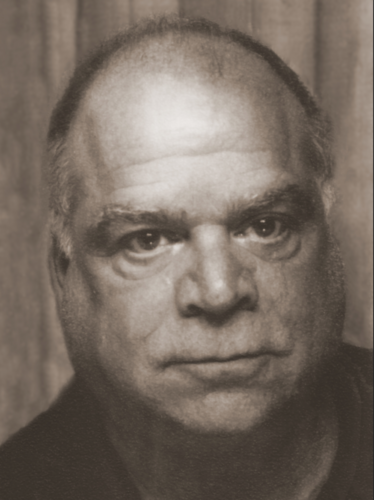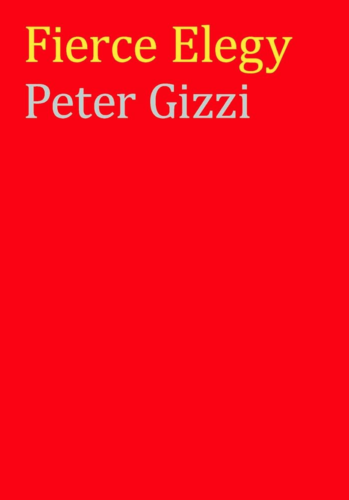Thus far we have spokenonly the codes,a litany of survival.Thus spoke the silvered asphodelnext to the factory ruin.Sound carries on water.My subject is the wind.To take umbrage at what a tree can do,watching one single birchbecome lightning stunning the sky.Landscape is a made thing,to see the mind seeing itself.To see thought, a wingin night, the long brooding.Take it, listen, the night is orchestralwhen the power’s on.Everything disporting.A furred wand upon nothingness.I get it, it was good to leave the world,to find myself in thou.There’s a lot to be saidfor seeing in the dark,and more to the lightwhen there’s nothing to see.If I write about the moon,it’s because it’s there.I am landlocked, surroundedby rivers and lakes, pills and leaves.I saw a better life, it was far off,sun on moss next to a friend,the softening air, the dandelion fluff.It was kinda real, and kinda not.Can’t see it today.And out of nothing, breath.A beast-like shadow in the glass.If I brought back every feeling I hadwhere would I put them,what could they meanto this world on the floor?It was best to let the moon unraveland focus the truth of the music.It was best to let the musicunravel and focus the truth of night.Like when I found youin the back of my mind.I am talking about peopleand the night.People inside the night.The night and what we are made of.The things and the people.The signal and its noise.
Findspot Unknown
Feature Date
- October 4, 2023
Series
Selected By
Share This Poem
Print This Poem
“Findspot Unknown,” from FIERCE ELEGY: by Peter Gizzi.
Published by Wesleyan University Press in August 2023.
Copyright © 2023 by Peter Gizzi.
All rights reserved.
Reproduced by Poetry Daily with permission.

Peter Gizzi is the author of several collections of poetry, most recently Fierce Elegy (2023), Now It’s Dark (2020), and Archeophonics, a finalist for the National Book Award (2016), all from Wesleyan. In 2020 Carcanet brought out Sky Burial: New and Selected Poems in the UK. He teaches poetry and poetics in the MFA Program at the University of Massachusetts, Amherst.

Middleton, Connecticut
Wesleyan University
"The title says this collection is one poem, and it is, with its repeated vocabulary, shades-of-winter mood, and virtuoso singing. Amazing single poems. The elegy keeps naming itself, enjoying its form. So you can love it."
—Alice Notley, author of The Descent of Alette
"Having read Peter Gizzi's work through the immense and singular wingspan his books make, I am still awestruck and dumbfounded as to how these poems are made. This book believes in language. It also offers it the utmost reverence: by lowering it to human height, where the living are. What a masterwork of deft maneuvering within the dynamo Gizzi has made of the lyric."
—Ocean Vuong, author of Time is a Mother
"These poems are assertions of a spiritual excess that won't die."
—Fanny Howe, author of Love and I
"These poems are elegies. Or these poems are about being torn apart and floating free. They come from an old place where grief overlaps with beauty. Gizzi is a poet of disembodied brightness. Reading Gizzi is almost like having a near death experience, you know those accounts from people who have nearly died and who say they left their bodies, looked down on them from above, and everything was fine, better than fine. Gizzi's writing invokes and produces something like that, a near religious ecstasy, but one with no God in sight. It's as if he has learned to give up control and still find perfect balance riding whatever carries his voice. If anyone tells you the lyric is dead, give them Peter Gizzi."
—Rae Armantrout, author of Finalists
"In Peter Gizzi's Fierce Elegy (Wesleyan Univ., Aug.), poems on ferocious heartbrokenness also attest to joy."
—Library Journal
Poetry Daily Depends on You
With your support, we make reading the best contemporary poetry a treasured daily experience. Consider a contribution today.



